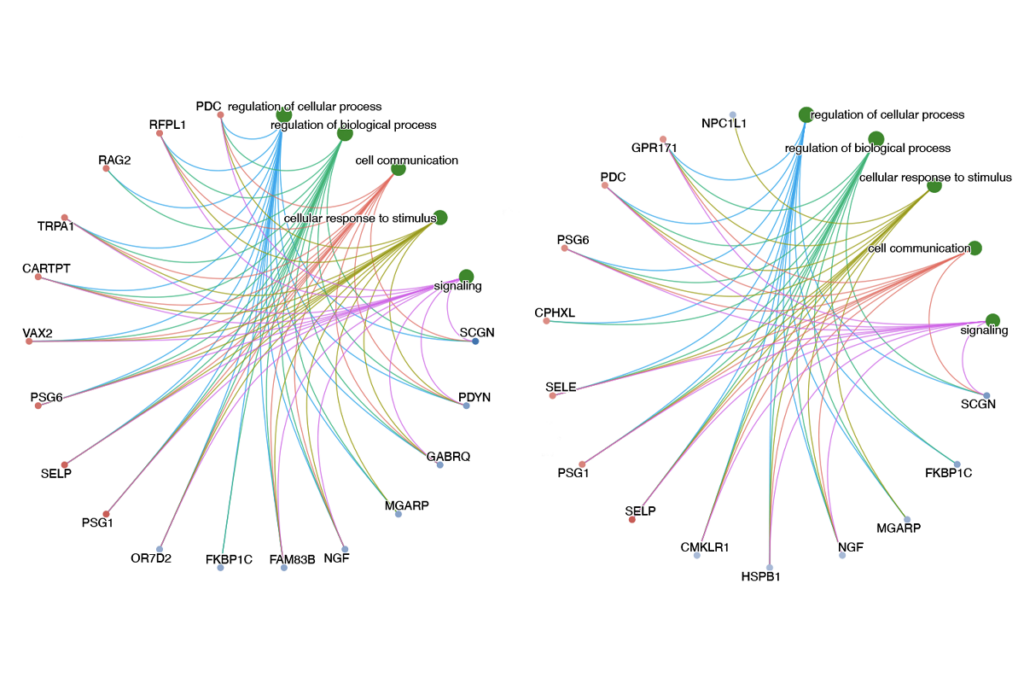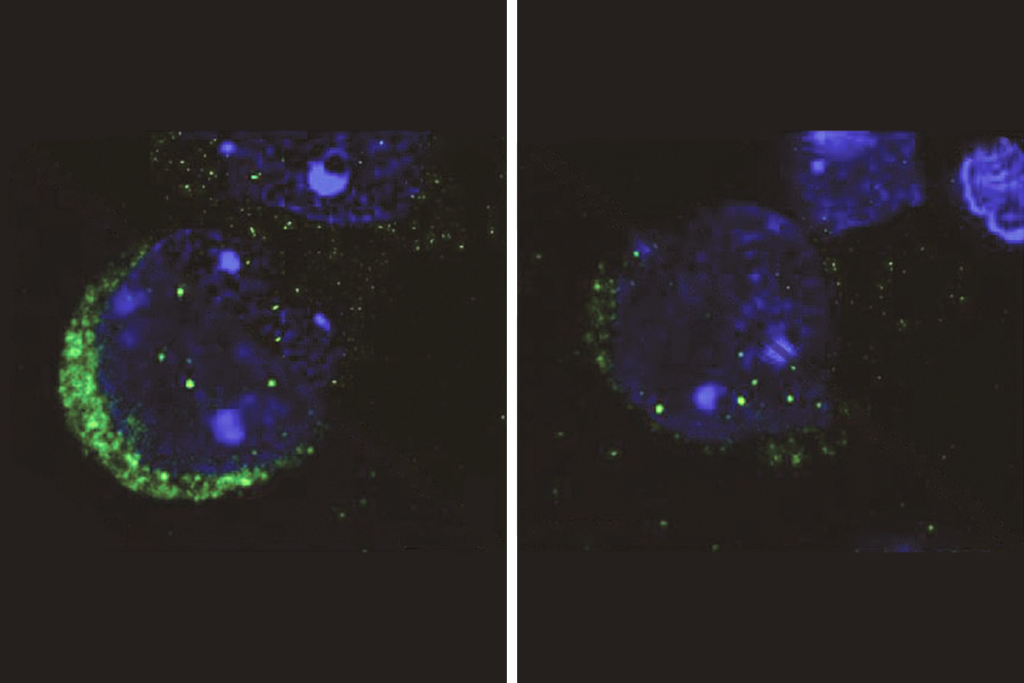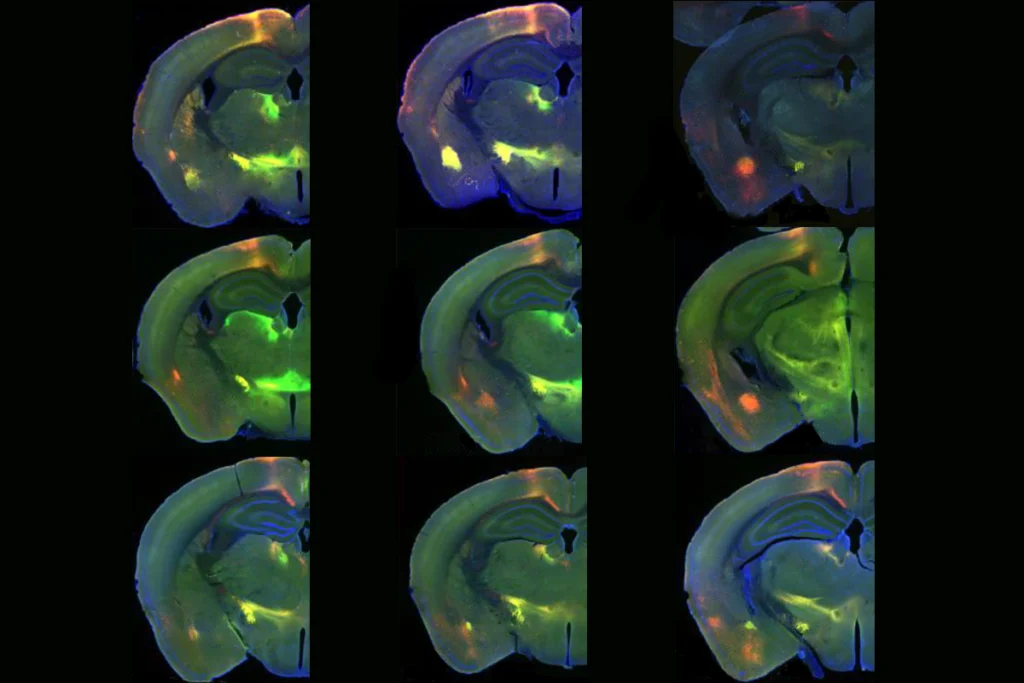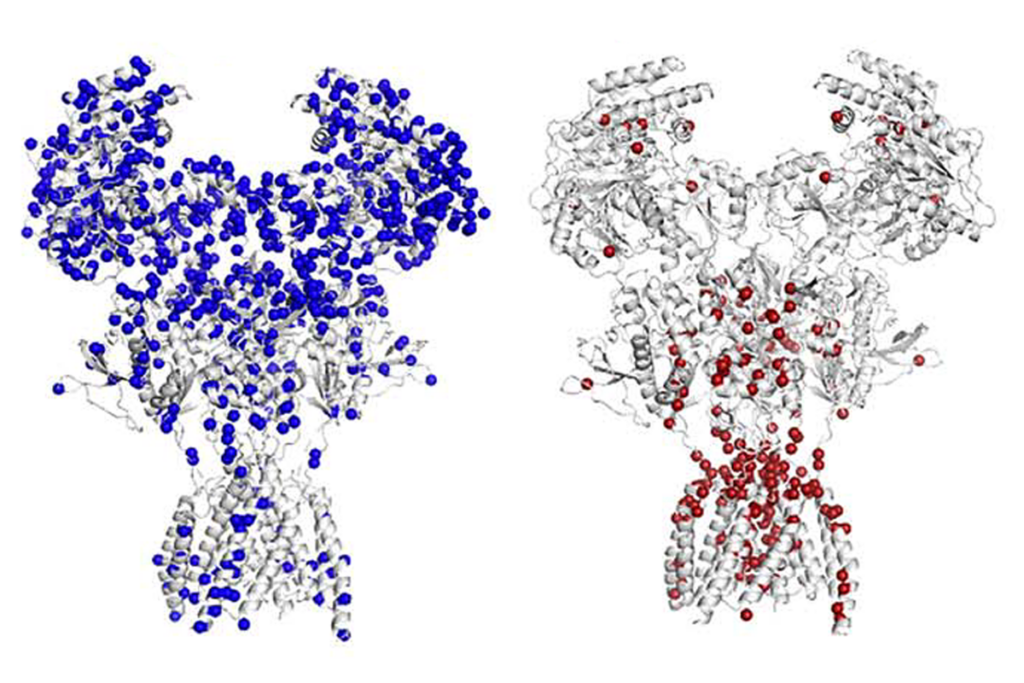Social skills, contentment evade adults with autism
The social lives of people with autism remain poor well into adulthood, and they struggle to find the sense of well-being and fulfillment that comes from meeting one’s own goals and expectations, conclude two new reviews of long-term studies in people with the disorder.
The social lives of people with autism remain poor well into adulthood, and they struggle to find the sense of well-being and the fulfillment that comes from meeting one’s own goals and expectations, conclude two new reviews of long-term studies in people with the disorder1, 2.
As the number of autism diagnoses grows, researchers are increasingly examining long-term trajectories of the disorder. One group of people that has been little studied, however, is adults with autism, especially the elderly. Despite estimates that the prevalence of autism in adults approaches that in children, there is little research on how they fare.
The two new reports begin to fill in the gap, using systematic and quantitative analyses to assess adult life with autism.
“There is a huge need for new programs of research on adulthood and aging,” saysMarsha Mailick, professor of social work at the University of Wisconsin in Madison, who was not involved in either new study. “This stage of life is often ignored in both scientific agendas and popular media.”
The first review, published in the February issue of Clinical Psychology Review, examined long-term studies published over three decades that followed children with autism into adulthood. Iliana Magiati and her colleagues analyzed the participants’ behavior and their cognitive, communication and social skills in early adulthood or middle age.
They found that some elements of life are better in adulthood — repetitive behaviors improve, for example, as do indicators of independent living, such as holding down a job or living outside the parents’ home. “Adaptive skills,” the practical skills needed to function in daily life, such as grooming, following rules at work and managing money, often improve as well. The exception seems to be adaptive skills that apply to social interactions.
But other things don’t change: In general, language skills seem to hold stable, as do cognitive scores, at least among those who do not have language deficits.
The social outlook also doesn’t improve over time. Those who struggled with social skills as children frequently have few or no friends, report no close friendships or romantic relationships and never marry.
The second study, published 17 January in Autism, came to a similar conclusion. In one of the first studies of its kind, the researchers looked at quality of life — some of which is influenced by social factors — for adults with autism.
They found that in general, people with autism report feeling much less fulfilled by their lives than controls do, and this dissatisfaction doesn’t lessen with age.
Together, the reviews suggest that adults with autism need help with improving their social relationships that is designed to fit their individual needs.
“There’s been some notion of people growing out of autism as they age and having very good outcomes,” says Shaun Eack, assistant professor of social work and psychiatry at the University of Pittsburgh, who was not involved in either study. “Autism does not appear to go away when people become adults.”
Truth or consequences:
For their review, Magiati and her colleagues winnowed down more than 5,000 studies into 25 that met their criteria and analyzed how the participants fared on a number of measures. Each study tracked between 10 and 725 people who were diagnosed with autism as children and were re-evaluated at least once as teens or adults.
They found that even in the categories that remain stable with age overall — IQ and communication skills — there is enormous variability among the participants.
“What became increasingly obvious, the more we were looking at all the studies together, was that we just cannot make generalizations about adult outcomes in autism,” says Magiati, assistant professor of clinical psychology at the National University of Singapore.
For the quality-of-life review, Hilde Geurts and her colleagues performed a quantitative meta-analysis on 10 studies, culled from a pool of 42. All told, the review assessed 482 people with autism and 17,776 controls. To make up for the lack of reports on older people, the researchers also conducted their own survey of 24 individuals with autism aged 51 to 84, and 24 controls.
As the researchers define it, quality of life encompasses a person’s sense of satisfaction and fulfillment in day-to-day life in relation to his or her own goals, values, standards and expectations. A mix of factors feed into it, from physical health and psychological state to independence and social relationships.
The researchers converted responses to various quality-of-life questionnaires used in the studies to come up with a range of numerical values for the people in each study. They found that the range is significantly lower for people with autism than for controls. The researchers’ own survey showed that outlook remains the same as people age.
“One would wish that when growing older, people with an autism diagnosis have learned more tools to deal with challenges in life,” says Geurts, professor of psychology at the University of Amsterdam. Even if they do gain such skills, she says, it doesn’t seem to affect their quality of life.
Geurts says she was surprised by one small but distinct feature of the survey: Although people with an autism diagnosis don’t judge their quality of life to be high, they rate it more highly than their families do.
“This might be because of the difficulty in insight that is common to autism. But it might also be that aspects of the social world carry different values for some individuals with autism and may not be as intricately tied to quality of life,” says Julie Lounds Taylor, assistant professor of pediatrics and special education at Vanderbilt University in Nashville. Taylor studies the transition to adulthood for people with autism and was not involved in either study.
Research in this area should focus not on how an individual’s characteristics influence outcome but on social and environmental factors, Magiati says. Researchers, she says, should ask, “In what kind of environments and communities can young people with autism flourish?”
References:
1: Magiati I. et al. Clin. Psychol. Rev. 34, 73-86 (2014) PubMed
2: van Heijst B.F. & H.M. Geurts Autism Epub ahead of print (2014) PubMed
Recommended reading

Autism traits, mental health conditions interact in sex-dependent ways in early development

New tool may help untangle downstream effects of autism-linked genes

NIH neurodevelopmental assessment system now available as iPad app
Explore more from The Transmitter
Grace Hwang and Joe Monaco discuss the future of NeuroAI

Newfound gene network controls long-range connections between emotional, cognitive brain areas
